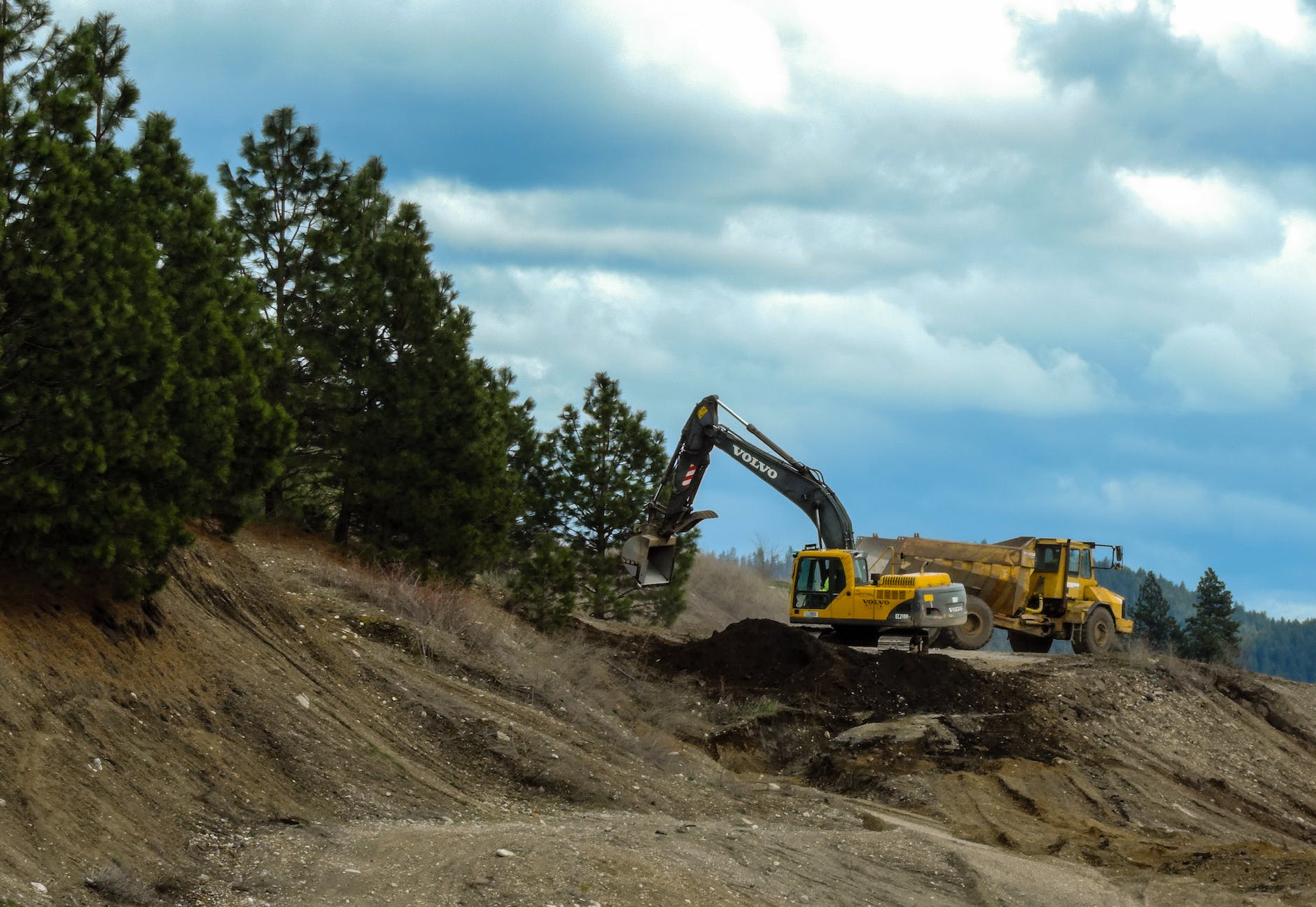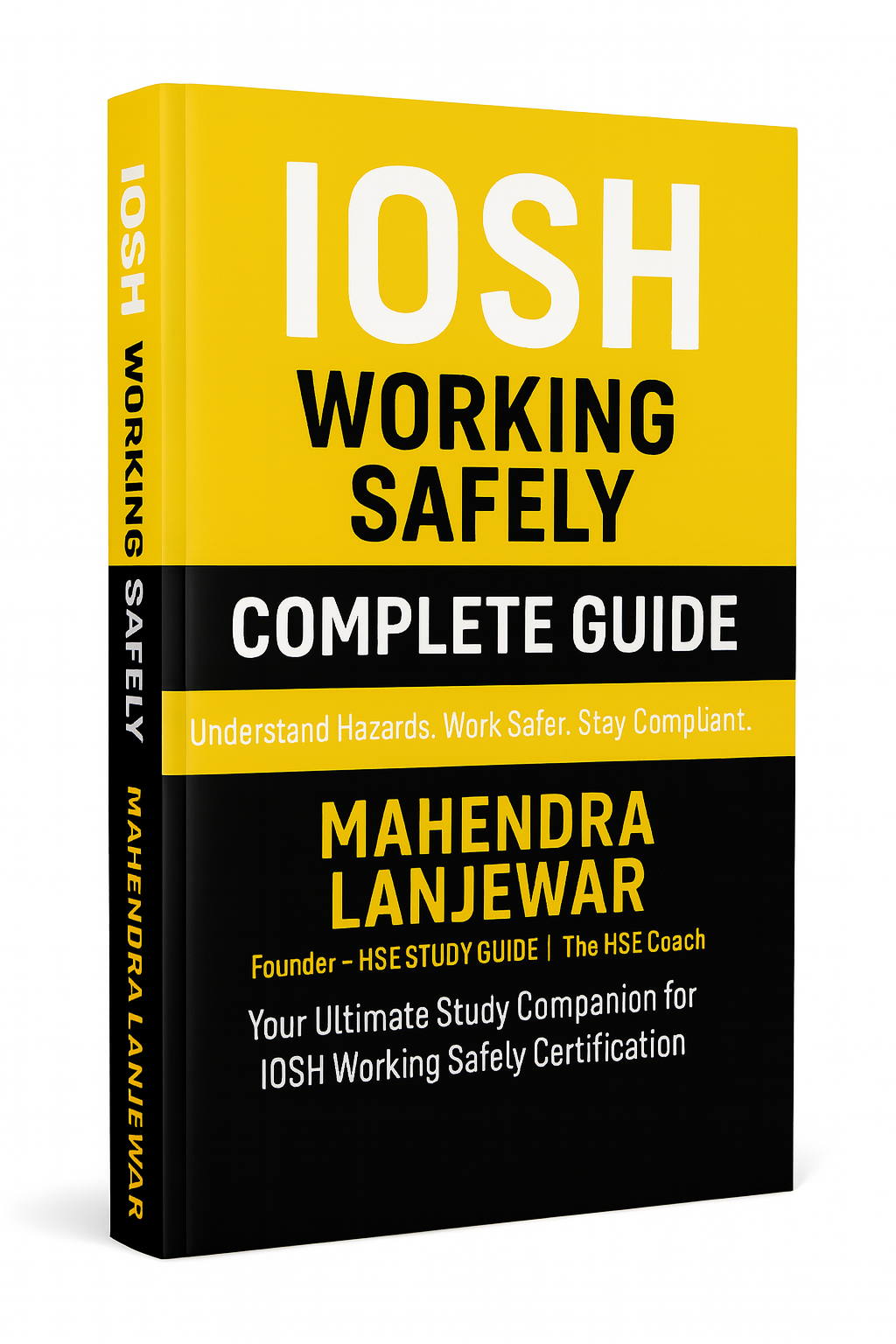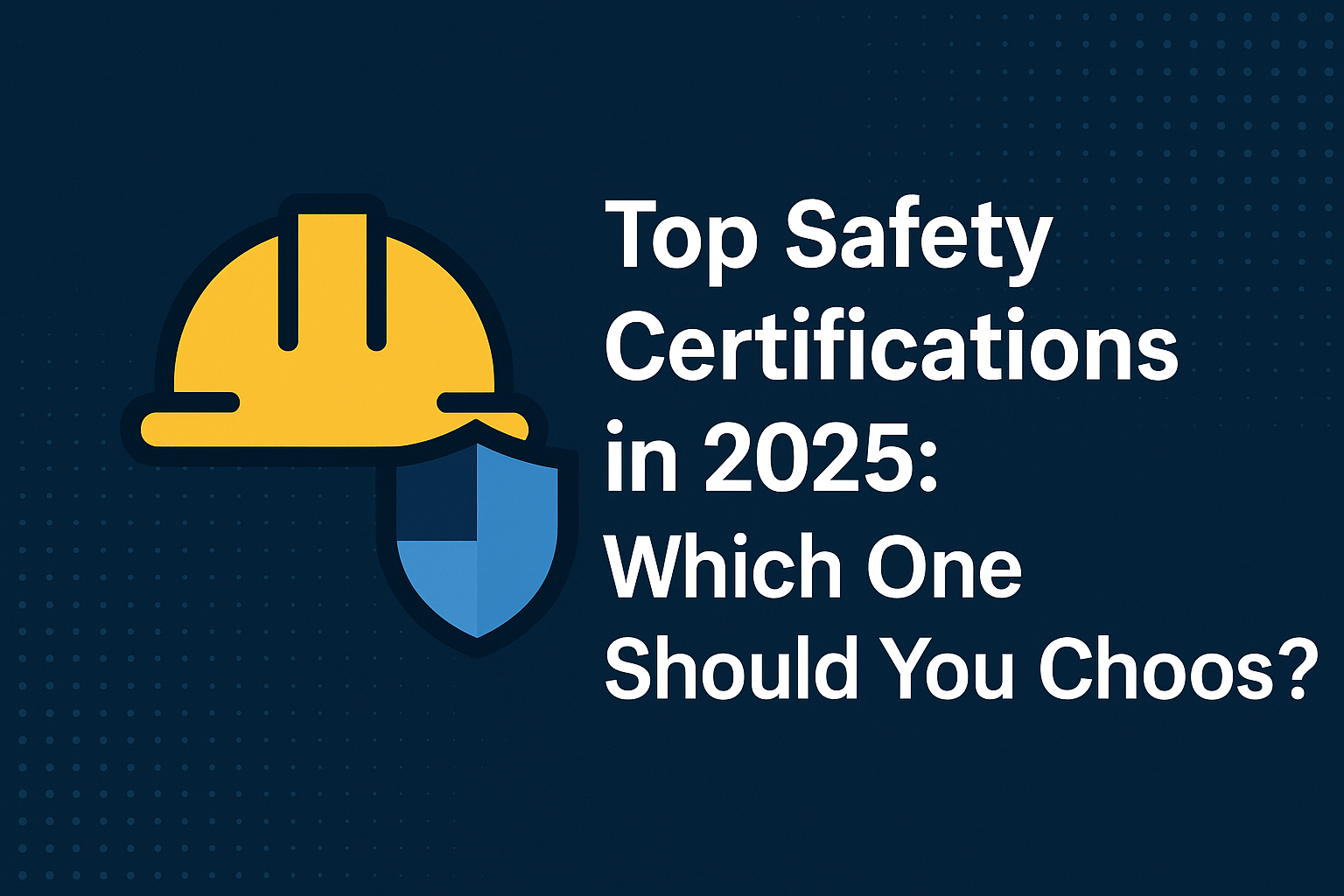
Excavation Safety Toolbox Talk: Ensuring the Well-being of Workers
Introduction
Excavation Safety Toolbox Talks : Excavation work is an essential part of many construction and infrastructure projects. It involves the removal of soil and rock to create trenches, foundations, and other structures. While this work is crucial, it also comes with inherent risks that can pose serious threats to the safety and well-being of workers. To address these risks, excavation safety toolbox talks play a crucial role in promoting a culture of safety and awareness on construction sites.
Understanding Excavation Safety Toolbox Talks
An excavation safety toolbox talk is a short, focused discussion that takes place before starting excavation work. It aims to educate workers about the potential hazards involved in the task and the safety measures they need to follow to protect themselves and their colleagues. Toolbox talks are typically led by a supervisor, safety manager, or an experienced worker.
The Importance of Excavation Safety Toolbox Talks
Excavation safety toolbox talks are vital for several reasons. First and foremost, they help workers recognize the potential dangers associated with excavation work. By identifying these hazards, workers become better equipped to take preventive measures and respond appropriately in case of an emergency.
Additionally, toolbox talks foster a sense of responsibility and accountability among workers. When employees are actively engaged in safety discussions, they are more likely to take safety protocols seriously and apply them in their daily tasks.
Key Components of an Effective Excavation Safety Toolbox Talk
To make a toolbox talk effective, it should cover essential topics that address common risks and preventive measures. Here are some key components that should be included:
Identifying Hazards
One of the primary purposes of a toolbox talk is to make workers aware of potential hazards. This includes understanding the risks of trench collapses, falling objects, contact with utilities, and the dangers of heavy machinery in the vicinity.
Proper Use of Protective Equipment
Workers must be educated about the correct usage of personal protective equipment (PPE) specific to excavation work. This may include hard hats, safety goggles, high-visibility vests, and steel-toed boots, among others.
Emergency Response Planning
In the event of an accident or hazardous situation, workers need to know the emergency response procedures and how to effectively communicate with the site’s designated safety personnel.
Soil Classification and Sloping
Educating workers about soil classification and proper sloping techniques is crucial for avoiding trench collapses and ensuring stable excavation walls.
How to Conduct an Engaging Excavation Safety Toolbox Talk
The effectiveness of a toolbox talk largely depends on how engaging and interactive it is. To conduct a successful talk:
- Keep It Simple: Use clear and straightforward language to ensure everyone understands the safety information.
- Use Personal Stories: Share real-life examples or stories related to excavation safety to make the talk more relatable.
- Encourage Participation: Invite workers to share their experiences and ask questions during the discussion.
- Visual Aids: Utilize visual aids, such as images or short videos, to enhance understanding and retention of the information.
Promoting a Culture of Safety in Excavation Work
A single toolbox talk is not enough to ensure long-term safety on the job site. Construction companies and project managers must strive to promote a culture of safety. Some ways to achieve this include:
- Training and Education: Provide regular training sessions to keep workers informed about the latest safety practices and regulations.
- Regular Inspections and Maintenance: Conduct routine inspections of equipment and excavation sites to identify and rectify potential hazards.
- Communication and Feedback: Encourage open communication between workers and management regarding safety concerns and suggestions for improvement.
Best Practices for Ensuring Excavation Safety
To maintain a high level of excavation safety, employers and workers should follow these best practices:
Training and Education
Ensure that all workers, including new hires and subcontractors, receive comprehensive safety training before beginning excavation work.
Regular Inspections and Maintenance
Regularly inspect excavation sites, equipment, and protective gear to ensure everything is in proper working condition.
Communication and Feedback
Establish an environment where workers feel comfortable reporting safety issues and offering suggestions for enhancing safety protocols.
Common Challenges in Excavation Safety Toolbox Talks
Despite the importance of toolbox talks, there are some challenges that can hinder their effectiveness:
Resistance to Safety Measures
Some workers may resist following safety protocols, either due to time constraints or a perception that it hampers productivity. Convincing them of the importance of safety is essential.
Language and Cultural Barriers
In multicultural work environments, language barriers can impede effective communication during toolbox talks. Employers should provide translated materials and ensure clear communication.
Complacency
Experienced workers may become complacent over time, assuming that accidents won’t happen to them. Toolbox talks should emphasize that safety measures are necessary for everyone.
Conclusion
Excavation safety toolbox talks are a powerful tool in ensuring the well-being of workers on construction sites. By identifying potential hazards, educating workers about safety measures, and promoting a culture of safety, these talks contribute to safer working environments. Employers and workers must collaborate to implement best practices and overcome challenges to ensure that excavation work remains a safe endeavor.
FAQs (Frequently Asked Questions)
- Q: How often should excavation safety toolbox talks be conducted? A: Toolbox talks should be conducted regularly, ideally before the start of each shift or when specific tasks involve excavation work.
- Q: Can toolbox talks replace formal safety training? A: No, toolbox talks complement formal safety training and serve as a focused refresher on specific safety topics.
- Q: What should workers do if they encounter unexpected hazards during excavation work? A: Workers should immediately stop work, notify their supervisor, and follow the site’s established emergency procedures.
- Q: Are excavation safety toolbox talks applicable to all construction projects? A: Yes, toolbox talks are relevant for any construction project involving excavation work, regardless of size or complexity.
- Q: How can companies incentivize workers to actively participate in toolbox talks? A: Offering recognition, rewards, or small incentives for active participation can encourage workers to engage more actively during toolbox talks.
























